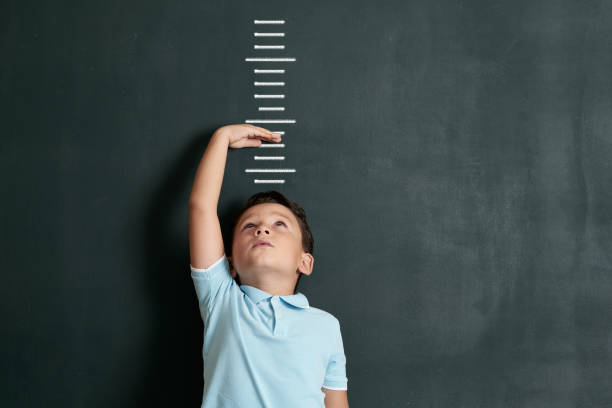
Growing up, our kitchen was a battlefield. The signal to batten down the hatches? Dad’s lunch pail, landing with the force of righteous thunder on the chipped counter. That clanging thermos had more authority than the President. “This is my house,” he’d declare, chest out, sweat still fresh on his brow. “I pay the bills. I’m the boss.” If there’d been a flag, he’d have planted it between the salt shaker and the TV Guide. My mother would just arch an eyebrow and keep peeling potatoes, diplomacy in action.
From the time my legs were wobbly and my words were croaky, I learned what manhood supposedly meant: hold down a job, pay every bill, and, most importantly, keep silent when the evening news rolled in. I could have recited Walter Cronkite’s sign-off by age six—mostly from mouthing it behind the couch, unseen and unheard. The deadline for personal freedom was set at eighteen. Nineteen? That was furniture territory. Dad didn’t believe in houseplants with opinions either.
When I hit my teens, I set out searching for summer work, hope slicking back my hair and my shoes so shiny you could use them as a mirror for regret. The help wanted ads promised “Summer Jobs for Teens!” and delivered nothing but closed doors and sympathetic shrugs. They all wanted kids with ten years of experience, the charm of a whisky commercial, and some mystical quality called “a can-do attitude” which, as far as I could tell, meant “willing to wash dishes for free.”
“Sir, I’m fourteen. My only experience is with dish soap and algebra homework.”
“Don’t worry,” they’d say, “we’ll keep your application on file.”
That file must be hidden somewhere between Bigfoot’s mailing address and the city of Atlantis.
Then came The Talk. Dad, in all his bossly wisdom, saying, “If you want a real future, you go to college. Get a degree, buy some ties, and start collecting bills like baseball cards.” I did the math—more debt than six years of lunch pails, plus a lifetime of monthly statements. Meanwhile, I knew a hundred jobs that needed doing, and none of them asked job experience if you could analyze Plato.
Here’s what I figured: the world’s best training happens when you get your hands dirty and your ego bruised. You fix a car by fixing a car; you chase a shoplifter by running after him—simple as breathing. The best mechanics I ever met carried old scars, not credentials. The best cops remembered which bars had the worst whiskey and which grandmas would bake you a pie for checking on their porchlight. Tests? They’re for school. The real ones come when the stuff hits the fan and you’re more info the only one left holding the mop.
In the old days, boys went to war without a lick of experience—just boots and bravado—and came back legends, made of sweat and stories. Swim or drown, as they used to say, and magical healer most of us learned to swim. The slowest students? They often became the best teachers, because they never forgot how it felt to trip on the first step. Empathy gets learned the hard way, with scraped knuckles and second chances. Those folks—the slow, the persistent—they’re the ones who lift others up and never stop reaching out.
These days, we need a new system—one built more info for all of us, not just the fast talkers and those born with a silver lunch pail. Give me a world where everyone belongs, each of us with a place, a purpose, an honest job to sweat for. If I was in charge, the kitchen would have signs like:
“Hands Wanted: No Experience Needed.
We Build People. Heroes Welcome.
No File Cabinets, No Bull.”
And if my old man were alive, maybe he’d agree, or maybe he’d just grunt and turn up the news. But I like to think even he would smile if he ever saw Mom roll her eyes and quietly hand down a plate of warm biscuits—peace talks, Southern style.
So, here’s the lesson: If life throws a lunch pail your way, duck first, laugh after. And if you have something worth saying, don’t wait for the news to end—let your voice ring, and make it count.
Roy Dawson
Earth Angel Master
Master Magical Healer